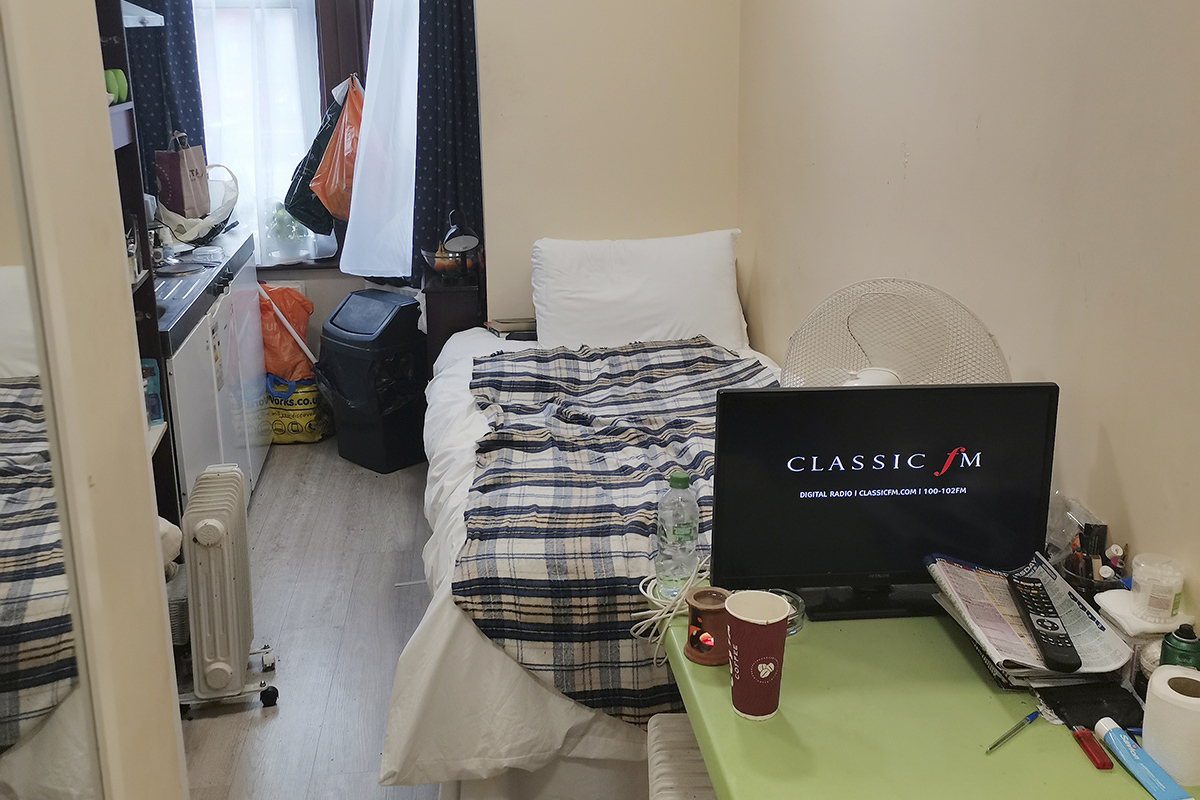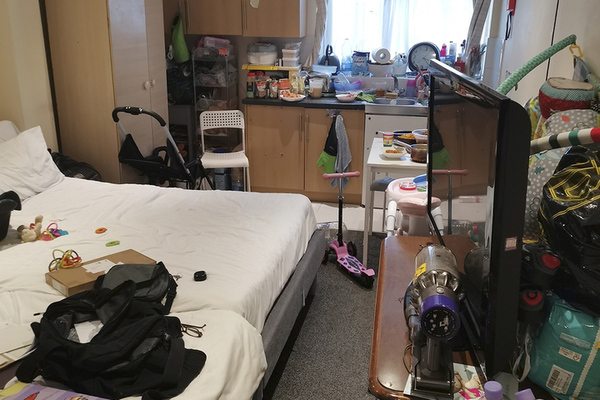You are viewing 1 of your 1 free articles
Temporary accommodation guide for housing officers launched by local government watchdog
A temporary accommodation guide for those working with homeless people has been issued by the Local Government and Social Care Ombudsman (LGSCO).
Aimed at housing officers, the guide offers advice on dealing with people who are owed the main housing duty and are occupying temporary accommodation which the council accepts is unsuitable.
Based on the LGSCO’s extensive experience in investigating homelessness complaints, the guide discusses the relevant law and guidance around temporary accommodation, the ombudsman’s role and approach to complaints, and how the organisation remedies injustice when it finds an authority at fault.
The guide also includes a number of case studies, such as a survivor of domestic abuse who was placed in temporary accommodation with disrepair issues.
The council decided it was ‘fit for purpose’ but did not tell the survivor of her statutory right to have the council’s decision reviewed.
And in another case, the family of a child at risk of sexual exploitation was placed in accommodation but the council did not consider which security measures were needed at that accommodation to ensure the family was protected.
The guide also clearly sets out a number of key steps local housing authorities need to take to ensure their service is compliant with both the law and guidance.
Paul Najsarek, the local government and social care ombudsman, said: “Together with a special report we published in March about the Homelessness Reduction Act, this guide provides key essential learning for local authorities about their role and duties towards homeless people in temporary accommodation.
“This is an important area of our work given the challenges families suffering homelessness face and the increasing use of this type of accommodation by authorities with the difficult job of finding suitable housing for rent.”
All of the LGSCO guides on housing can be found here.
Sign up for our homelessness bulletin
Already have an account? Click here to manage your newsletters












